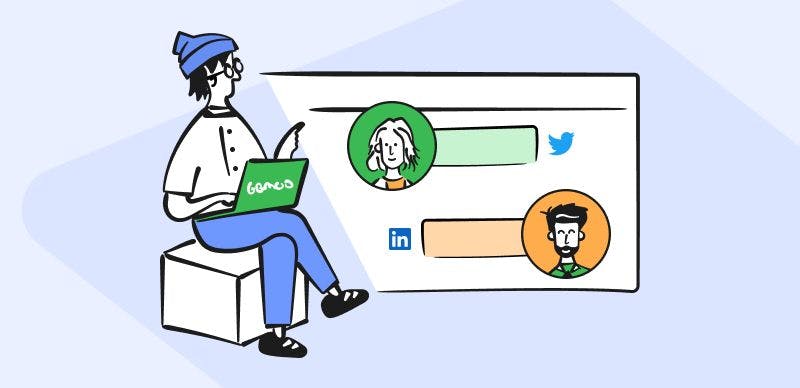157 reads
Lessons Learned From Successful Founders Building in Public
by
April 25th, 2023
Audio Presented by
Proud Dad of 2, founder of Gemoo. I run a start-up, build apps, share ideas, and make bad jokes.
Story's Credibility

About Author
Proud Dad of 2, founder of Gemoo. I run a start-up, build apps, share ideas, and make bad jokes.
